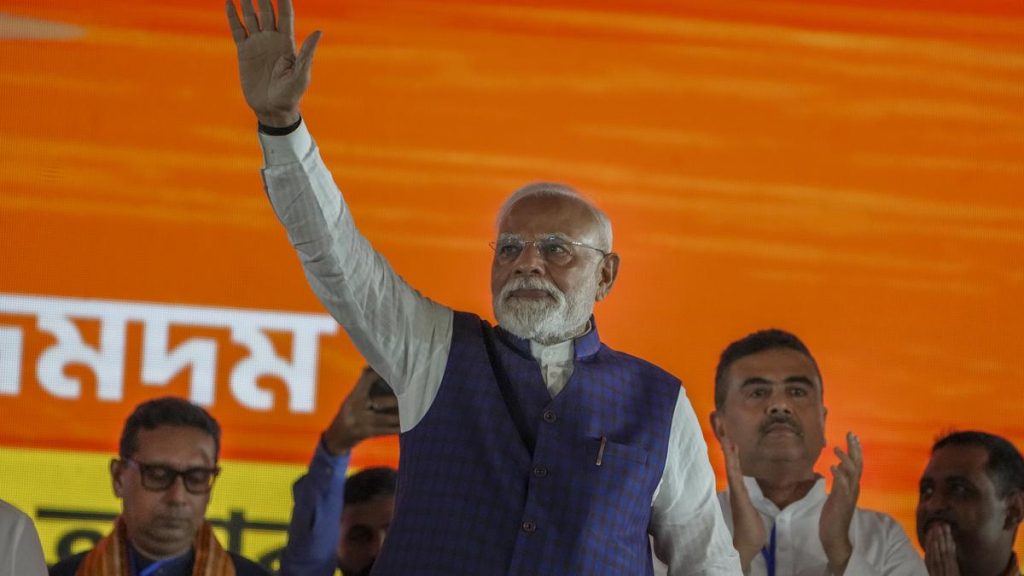Now Reading: AP BJP Chief Discusses Healthcare, Jute Industry, and Development in Eluru
-
01
AP BJP Chief Discusses Healthcare, Jute Industry, and Development in Eluru
AP BJP Chief Discusses Healthcare, Jute Industry, and Development in Eluru

Quick Summary
- Andhra Pradesh BJP president P.V.N. Madhav conducted various programs in eluru on September 3, addressing issues faced by farmers, youth, and local industries.
- Integration of the StateS Aarogyasri scheme with ayushman Bharat was highlighted for improving medical accessibility and affordability for the poor.
- Concerns were raised about the decline of Eluru’s jute industry due to competition from plastic-mixed products; revival efforts were emphasized to protect local livelihoods.
- Union Minister Nitin Gadkari proposed experimental projects like vitamin production from rice during discussions with Chief Minister Chandrababu Naidu, indicating interest in agriculture-based innovations.
- Farmers growing palm oil, cocoa, coconut were assured support; modern processing units for Eluru’s lemon market were recommended to enhance exports.
- On unemployment among educated youth, initiatives such as skill universities (including one under development in Visakhapatnam), PM Kaushal Vikas Yojana, PM Vishwakarma yojana and the New Education Policy were promoted as solutions.
- BJP workers called upon by Mr. Madhav to expand grassroots presence while resolving localized concerns such as Polavaram national project completion and infrastructure improvements like highway expansion and tourism promotion.
- He criticized BRS as a “family-run corrupt party” while asserting BJP’s emergence as a decisive force in Andhra Pradesh politics under Prime Minister Modi’s leadership.
Indian Opinion Analysis
The outreach efforts by Andhra Pradesh BJP president P.V.N. Madhav signal strategic moves aimed at boosting public engagement on key issues such as healthcare integration (Aarogyasri-Ayushman Bharat), industrial decline (jute sector), agricultural development (processing facilities for exports), and youth unemployment. These areas not only concern immediate regional economics but also reflect broader attempts at aligning state initiatives with central government policies that emphasize inclusive development.
Madhav’s focus on agriculture-backed industries indicates potential economic sustainability measures targeting rural livelihoods-a critical aspect given ongoing industrial competition from products like plastics threatening traditional sectors like jute manufacturing. Similarly,promises of enhanced job creation via skill universities reinforce education-sector reform agendas tied closely to India’s employment challenges.
While political overtones are evident-such as criticisms aimed at competitors like BRS-the emphasis on infrastructural projects including tourism promotion suggests tangible priorities. However, results would depend significantly on implementation efficacy across diverse initiatives ranging from farming support mechanisms to entrepreneurial frameworks for unemployed youth.
Read more: Indian Opinion Source





















